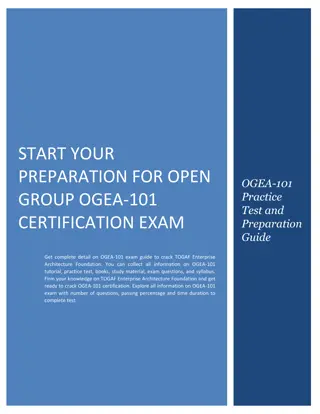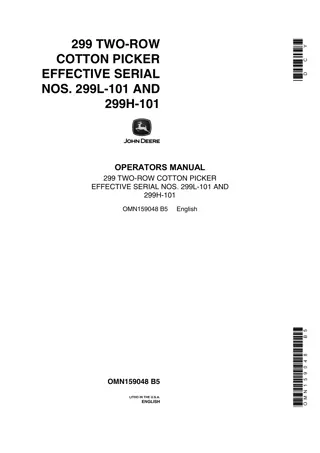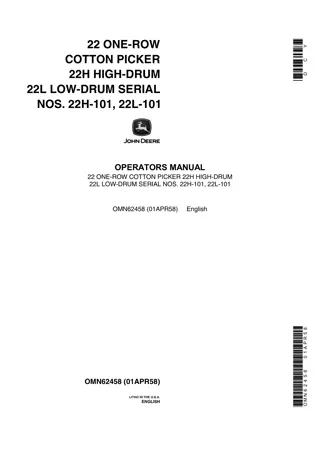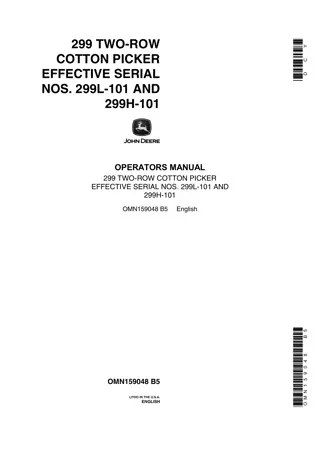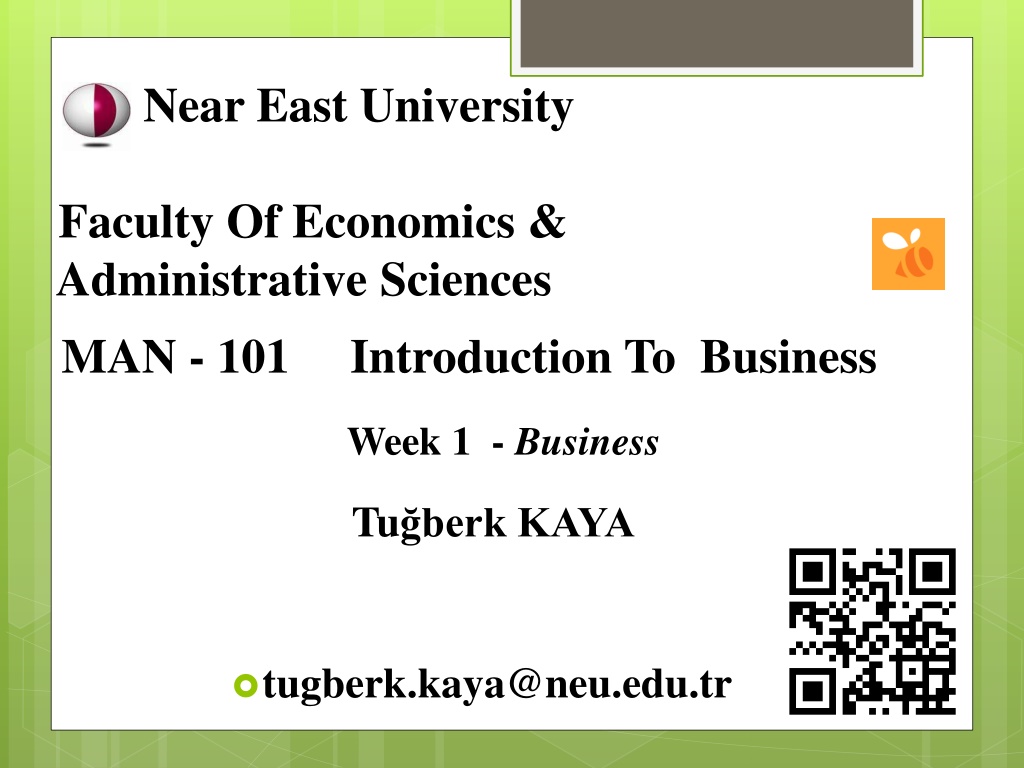
Understanding Business Organizations and Management
Learn about the concepts of business, organizations, entrepreneurs, and managers in the field of economics and administrative sciences at Near East University. Explore the differences between profit-seeking and not-for-profit organizations and the roles of entrepreneurs and managers in establishing and managing organizations effectively.
Download Presentation

Please find below an Image/Link to download the presentation.
The content on the website is provided AS IS for your information and personal use only. It may not be sold, licensed, or shared on other websites without obtaining consent from the author. If you encounter any issues during the download, it is possible that the publisher has removed the file from their server.
You are allowed to download the files provided on this website for personal or commercial use, subject to the condition that they are used lawfully. All files are the property of their respective owners.
The content on the website is provided AS IS for your information and personal use only. It may not be sold, licensed, or shared on other websites without obtaining consent from the author.
E N D
Presentation Transcript
Near East University Faculty Of Economics & Administrative Sciences MAN - 101 Introduction To Business Week 1 - Business Tu berk KAYA tugberk.kaya@neu.edu.tr
What does the word of businesses remind us? Business is related with delivering goods or services to the community. Business is a medium to earn money to make one s living in society. Business includes in managing resources. Business can be done for basic purpose: to make a profit and to make money. Business can also be done solely to serve the public without thinking about profit and making money.
Are the any differences between organizations and businesses?
Organization Organizations established groups of people working together in a systematic manner for a common purpose, such as companies, corporations, associations, clubs, units or unions. are any deliberately
Two types of organizations 1-Profit-seeking organizations: are the main group in business life. They need to making money and profit. 2-Not for Profit Organizations: No needs to making money and profits. For example, the government agencies, labor unions, NGOs, various institutions like foundations, serve to public.
Who are responsible for establishing and managing organizations?
In order to establish a new organization, we need Entrepreneur
on the other hand, we need MANAGER to manage organization
Who are managers? The owners of the company set the general objectives to be accomplished. Then they select a person who will combine of the company s resources to attain those goals.
What are the resources/assets of a company? There are two types of resources: Tangible vs Intangible. Tangible: Factories, machinery, tools, equipment, materials, etc. Intangible: Knowledge, skills, technology know-how, patents, brands, etc. MANAGER is the person who combines all these two types of resources/assets for accomplishing the tasks.
3 types of skills Conceptual Skills: is the ability to see the organizations as a whole with its interrelated and interdependent parts, departments and divisions within the context of its industry and the general environment. Human Skills: relates to the manager s ability to work with people. A manager s success in motivating, communication, coordinating and resolving conflicts among employees is very much dependent on this skill. Technical skill: is the ability of managers to perform specific task. This skill includes a mastery of methods, techniques and equipment involved in specific functions.
References Ebert, R. J. and Griffin, R. W. (2015) Business Essentials. 10th Edn. Harlow: Pearson Education Limited Kadri Mirze (2002) Introduction to Business. Istanbul: Literat r Publishing.
Any Questions? tugberk.kaya@neu.edu.tr




